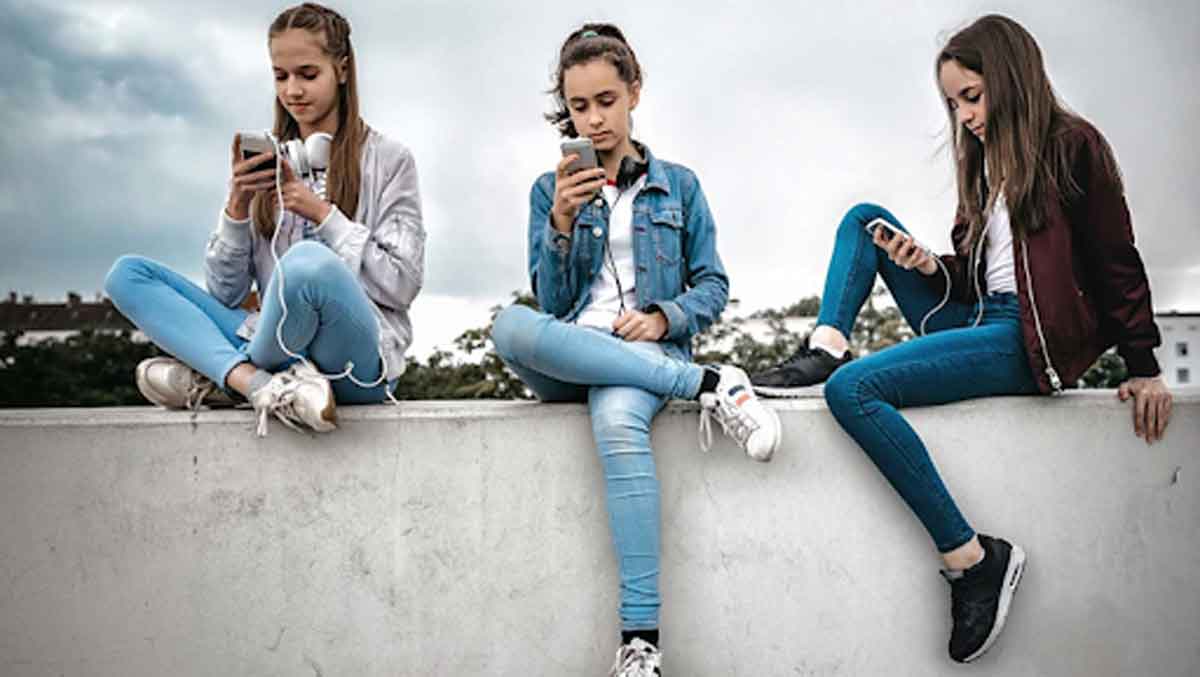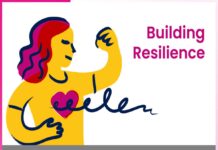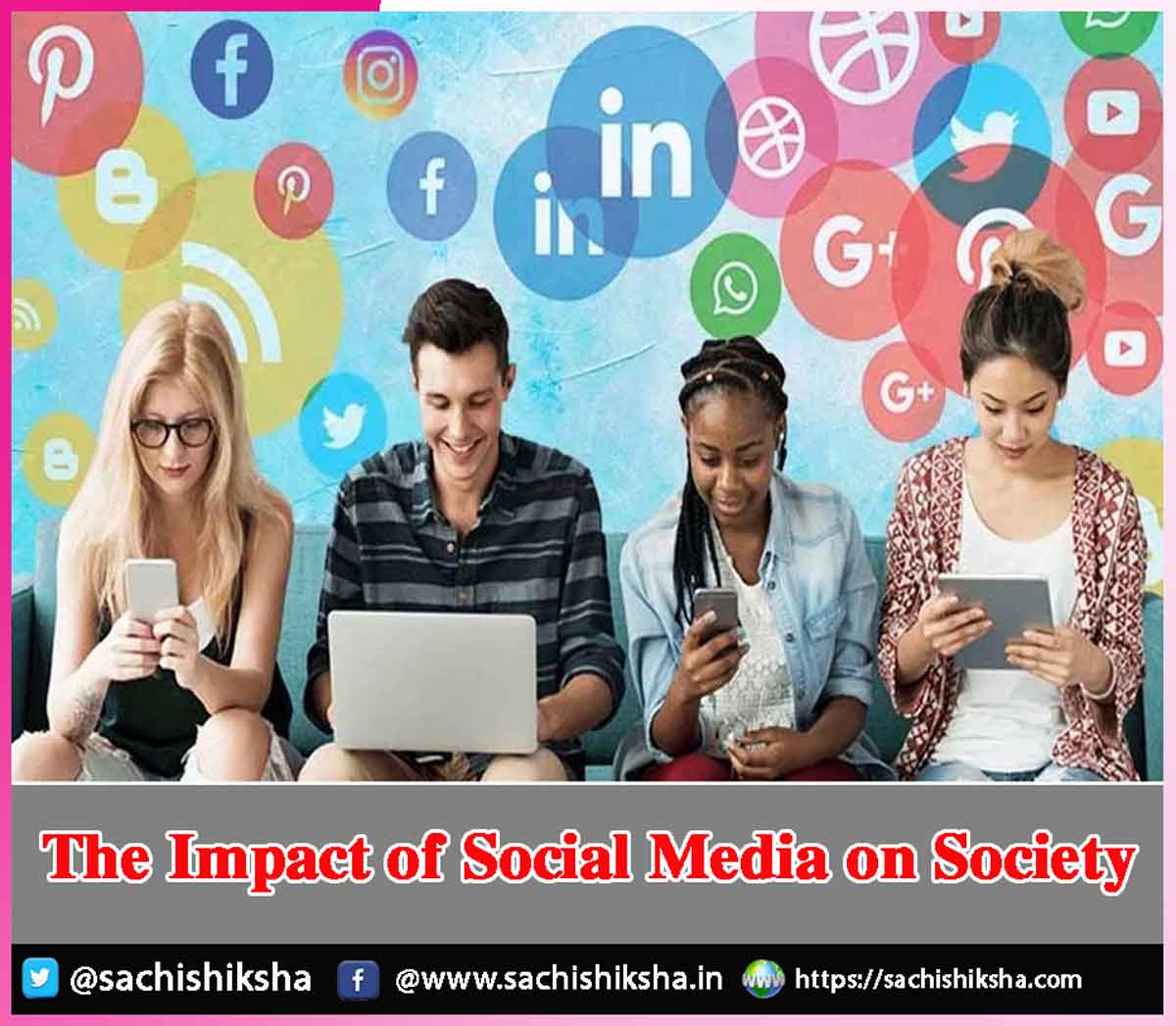The Impact of Social Media on Society
Introduction: Social media has woven itself into the everyday fabric of modern life. What began as simple platforms for sharing pictures and messages with friends has grown into a global ecosystem shaping communication, culture, politics, business, and even individual identity. Its influence is powerful, complex, and often contradictory, bringing both connection and conflict, empowerment and pressure. Understanding its impact on society helps us navigate its benefits more wisely while addressing the challenges it creates.
Table of Contents
Change in Communication
One of the most significant impacts of social media is the way it has revolutionized communication. People can now talk to others across the world instantly, share their experiences in real time, and learn about events as they unfold. This has made the world feel smaller and more connected. Families separated by distance can maintain close relationships, and individuals can find communities based on shared interests, no matter how niche or rare those interests may be. For many, social media is a space where they find belonging that they cannot always find offline.
Information and Awareness

Spread of Misinformation
However, the same speed and openness that make social media empowering can also make it harmful. False information, rumors, and misleading narratives spread just as quickly as verified news, sometimes even faster, because sensational content captures attention more easily. This has led to confusion, polarization, and mistrust, especially when people receive information only from sources that confirm their existing beliefs. As a result, social media can create echo chambers where individuals are exposed to limited and biased viewpoints, weakening critical thinking and constructive dialogue.
Identity and Self-perceptron
Another major impact of social media is on personal identity and self-perception. Platforms such as Instagram and Tiktok encourage people to present polished, filtered, and carefully curated versions of themselves. While this allows for creative expression, it also sets unrealistic standards of beauty, success, and happiness. Many users, especially young people, compare themselves to these idealized images and feel pressure to live up to them. This can lead to anxiety, low self-esteem, and the constant fear of judgment. The desire for likes, comments, and followers can make validation from others more important than genuine self-worth.
Online Empowerment
On the other hand, social media also provides spaces for self-discovery and empowerment. People can explore their interests, express their identities, and find others who understand and accept them. For individuals who may feel isolated in their offline environments, online communities can be a source of comfort and strength. The impact, therefore, depends heavily on how social media is used and how individuals relate to the content they consume.
Business and Digital Economy
Social media has also transformed marketing, business, and employment. Companies use social platforms to reach customers directly, influencers build careers around personal branding, and small businesses gain visibility without expensive advertising. The digital marketplace is more open and accessible, encouraging entrepreneurship and innovation. Yet, this also increases competition and creates new forms of labour pressure, where online presence and engagement become professional demands.
Conclusion
The impact of social media on society is not simply positive or negative. It is a powerful tool that can connect and divide, uplift and overwhelm, inform and mislead. The key lies in awareness and balance. By using social media mindfully, questioning what we consume, and valuing genuine relationships and self-worth beyond screens, society can harness its benefits while minimizing its harms. Social media is here to stay, but how it shapes our future depends on how thoughtfully we choose to engage with it.












































